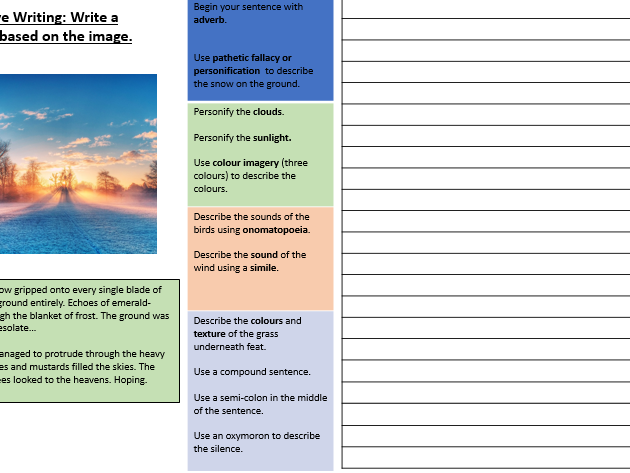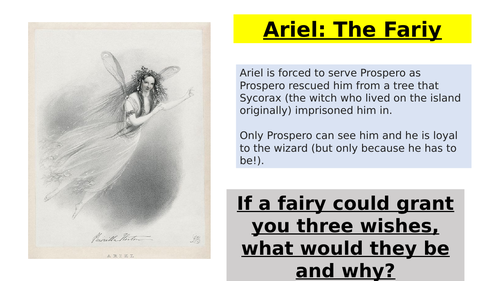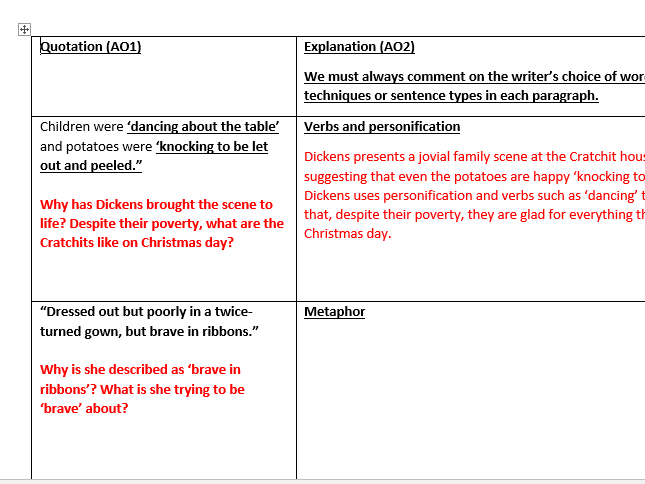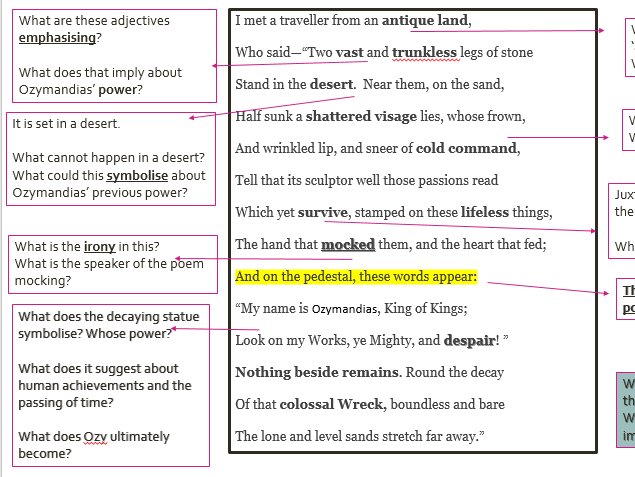Miss Howell
A range of high-quality, engaging and heavily-differentiated resources catered to secure the learning of all. Easily accessible for all learners with SPLD, dyslexia and a range of barriers to learning. All lessons provide challenge for the most able, whilst additionally providing support, sentences starters and exemplar material for those in need of support.





















